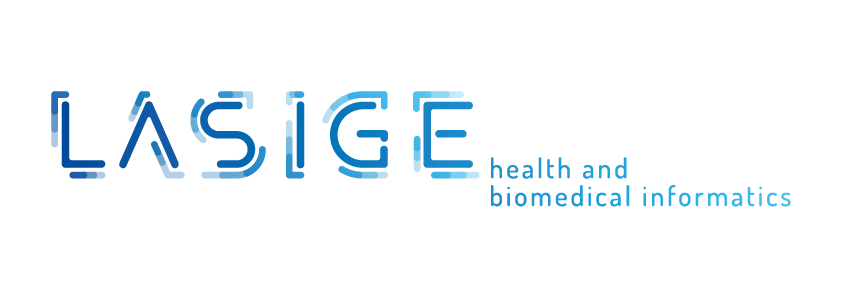The Health and Biomedical Informatics Research Line will be hosting a meetup to introduce three of our most recent PhD students and their work.
The students will make brief presentations, followed by an informal Q+A.
The meetup is open to anyone, you are welcome to join us even if your work is not in HBI.
Speaker: Diana Sousa
Title: Deep Learning System for Biomedical Relation Extraction Combining External Sources of Knowledge
Abstract: Systems that perform Relation Extraction (RE) use Word2Vec word embeddings to capture the syntactic and semantic information about the word. Lately, efforts regarding new pre-trained language representation models have been proposed with BERT and applied to the biomedical domain with BioBERT. The ultimate goal of this project is to develop a top-performance RE system that combines the previous language representations with semantics retrieved from external sources of knowledge, such as domain-specific ontologies and semantic similarity measures. As a case study, this project will use the RE system to fully understand the origin of some phenotypic abnormalities, their associated genes, related diseases, and proteins. This is a highly relevant biomedical topic where much of the knowledge still needs to be untangled from literature. This project will also continue our collaboration with the World Health Organization to identify relations that may enhance our knowledge about the cancer risk factors.
Speaker: Diogo Branco
Title: Using Mainstream Devices to Monitor Parkinson´s Disease
Abstract: Traditional methods for monitoring people with Parkinson’s Disease (PD) are still limited and imprecise in capturing motor fluctuations which can jeopardize accurate medication adjustments. There have been efforts to develop sensors and digitize these assessments. However, they are still focused on a small set of controlled activities. We aim to design and study a holistic data-driven approach to PD monitoring and assessment. It will involve the characterization of daily life tasks that influence PD evolution. Then develop a digital phenotyping platform that resorts to mainstream mobiles/wearables and IoT devices and measures behaviors and performance in the aforementioned tasks. Last, given the limited efforts to understand how clinicians deal with this gamut of information, we will co-design and explore with clinicians how this data should be presented.
Speaker: Rita Sousa
Title: Evolving meaning for supervised learning in complex biomedical domains using knowledge
graphs
Abstract: Knowledge graphs represent an unparalleled opportunity for machine learning, given their
ability to provide meaningful context to the data through semantic representations. Knowledge graphs provide multiple perspectives over an entity, describing it using different properties or multiple portions of the graph. State-of-the-art semantic representations are static and take into consideration all semantic aspects, ignoring that some may be irrelevant to the downstream learning task. This PhD project aims to develop novel approaches that use Genetic Programming to learn suitable semantic representations of entities extracted from knowledge graphs to support specific supervised learning tasks. These will be anchored by a framework that integrates semantic representations approaches and two representative learning approaches (SVMs and graph CNNs), and allows a comparative evaluation using benchmarks. The developed approaches will be applied to two bioinformatics tasks (prediction of protein interactions and gene-disease associations) where the impact of data size and complexity will be analyzed.
